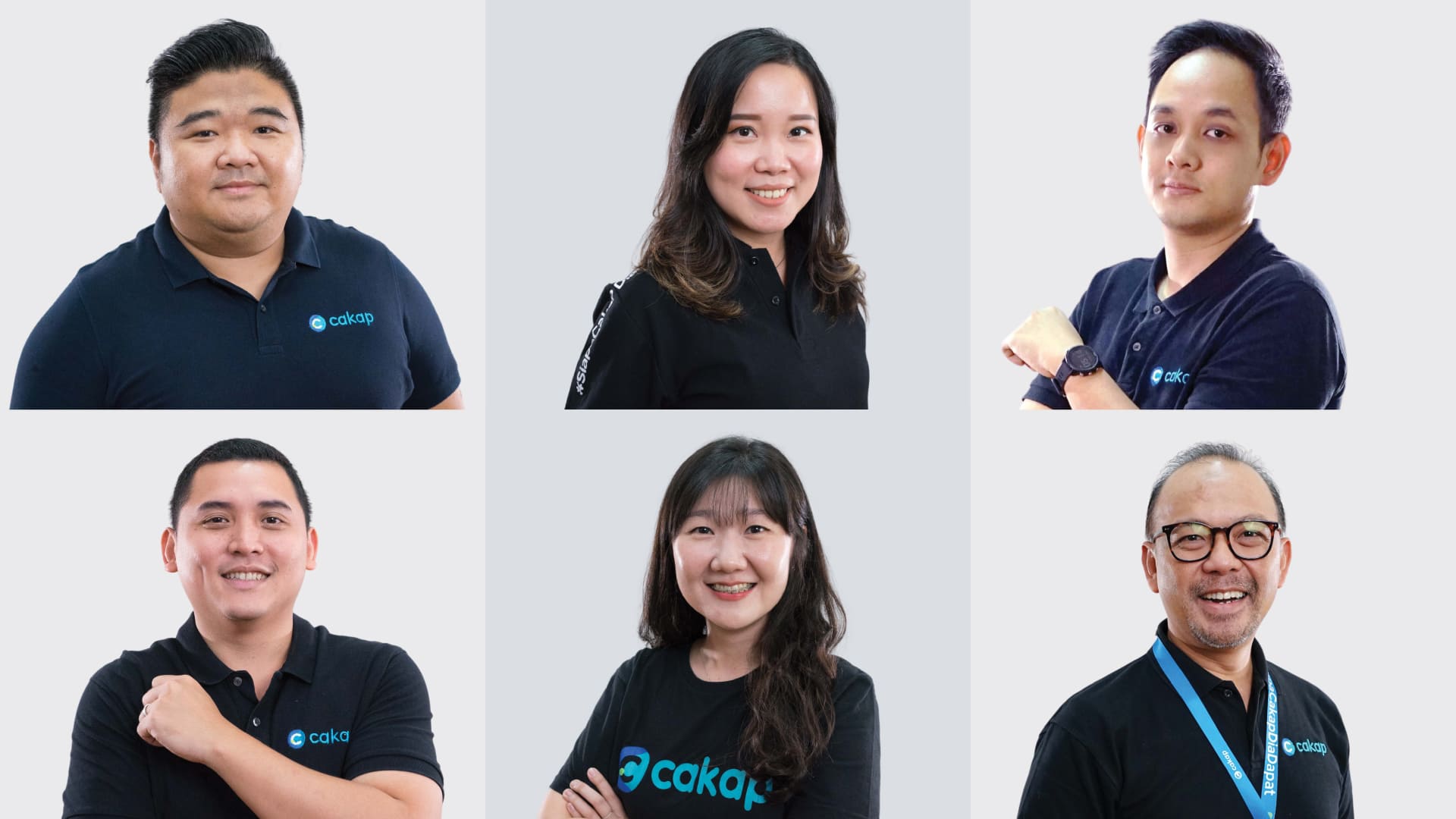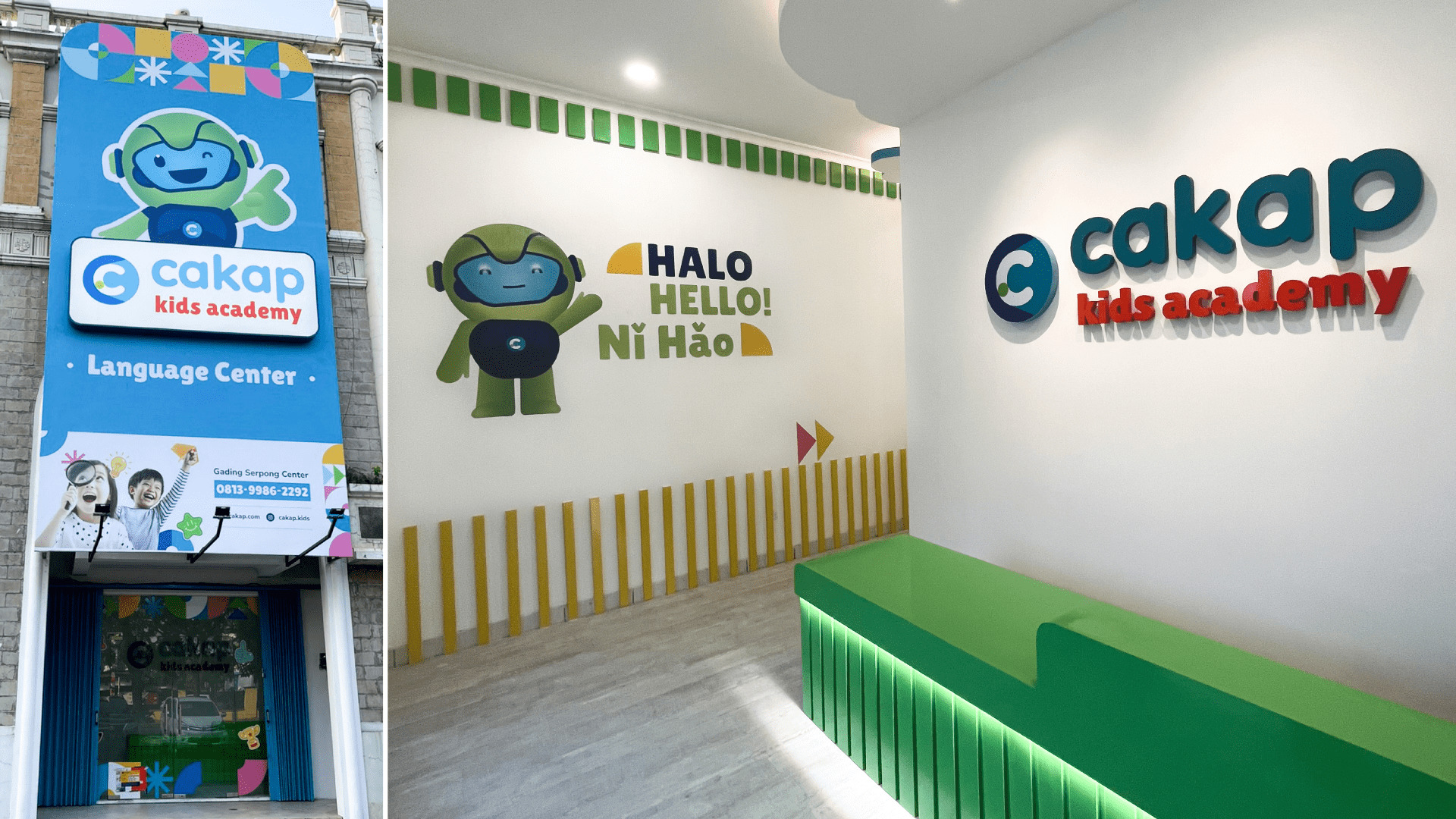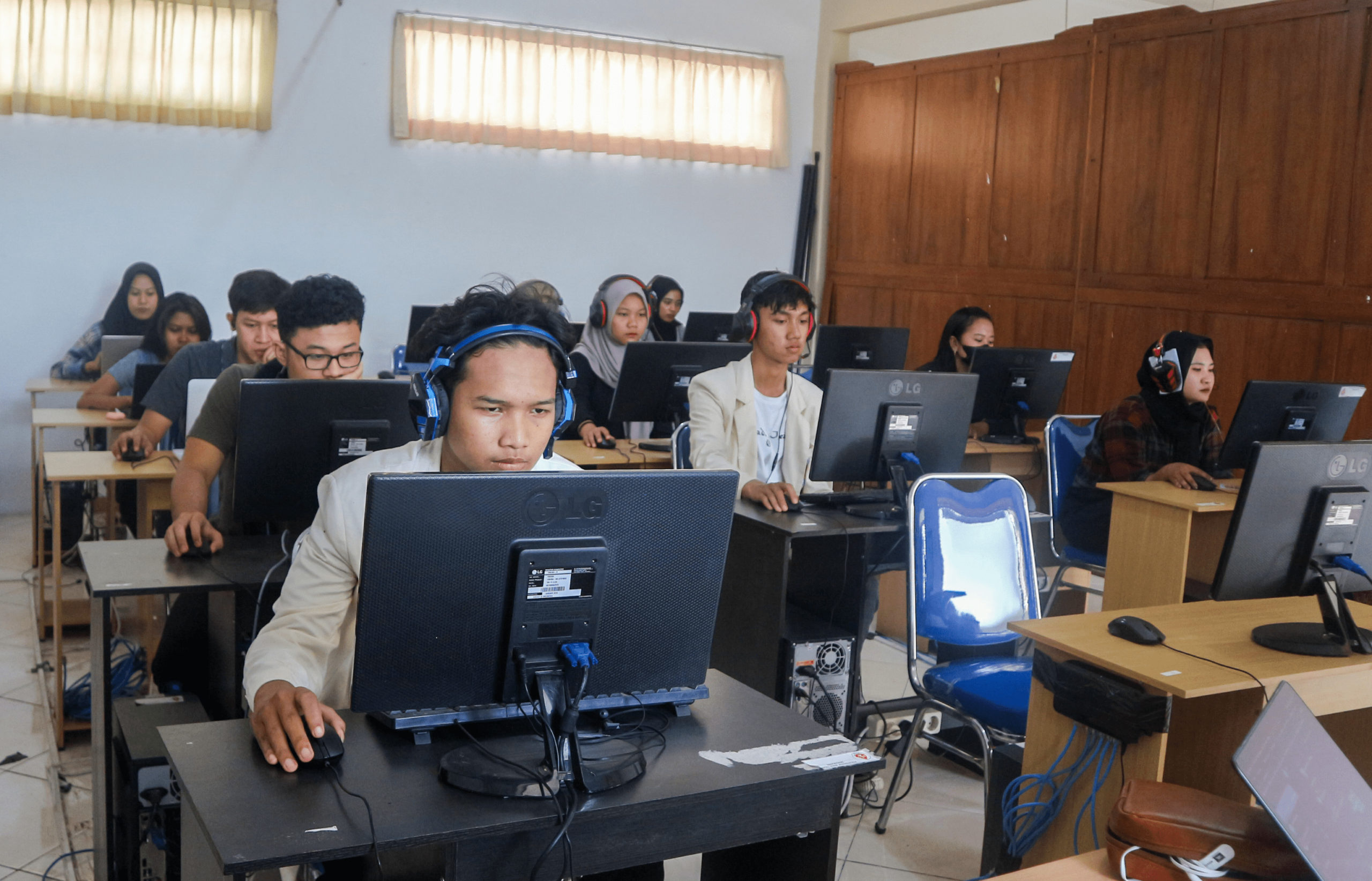
Jakarta. August 28, 2023. Indonesia’s edtech company, Cakap, has recorded robust performance, with its revenue doubling in the second quarter compared to the same period last year (YoY). This positive outcome has been consistently achieved since 2020. Cakap has three pillars, which include language, upskill, and business. The language pillar currently contributes the largest share of revenue to the company, with a growing percentage of students opting to learn Japanese, Korean, and Mandarin. Furthermore, Korean has surpassed Mandarin in popularity over the past six months.
“Cakap performed well in the second quarter of 2023, experiencing robust growth from all segments and recording positive EBITDA. The revenue surged two-fold on a year-on-year basis and is on track to meet the company’s annual budget,” said Jonathan Dharmasoeka, Chief Financial Officer (CFO) of Cakap.
As the Covid-19 pandemic ends and in pursuit of the company’s goals, Cakap has implemented several business strategies that have been or will be applied in the second semester of this year. These strategies are aligned with the reports from the World Bank, which indicate a period of learning loss among Indonesian elementary school students, especially in language, of up to 10.8 months during the Covid-19 pandemic. Based on this data, Cakap is optimistic that a blended learning approach, combining online and offline learning, will become a popular trend.

To manifest the strategy and to fulfill learning loss among students, Cakap launched the Cakap Kids Academy, an initiative that combines offline language learning with several facilities designed to enhance soft and motoric skills, and create a fun learning experience for children aged 4-12. The Company plans to expand this kind of offline learning facilities in several major cities across the country.

Additionally, Cakap has recently introduced the Cakap English Standardized Test (CEST), an English language testing system curated and developed by Cakap’s internal education team. CEST is an English language test that is equivalent to other existing international standardized tests, such as TOEFL. Since its launch at the end of the first quarter of 2023, CEST has been adopted by several formal learning institutions as a measure of language proficiency. “14 institutions have adopted the CEST, and 5,000 students have been scheduled for the test,” Jonathan added. CEST offers several advantages. First, it can be taken anywhere with a personal device, while the validity of the results use a combination of human and artificial intelligence (AI) supervision. Other advantages include flexibility in timing, more affordable costs, and faster results. Based on an analysis by the global agency Euromonitor, Indonesia’s education industry is projected to continue growing. The report also indicates that the turnover of the Indonesian education market will reach USD 58.9 billion, which is equivalent to IDR 898 trillion. The turnover is expected to experience a growth rate of approximately 8% CAGR (2021-2026), with adult and other education showing high growth rates. This indicates that the industry remains attractive for business opportunities. Earlier this year, Cakap secured fresh funding from MDI ventures and Heritas Capital. The C1 series funding has resulted in a valuation of Cakap at over USD 100 million. Statistically, as of the first semester of 2023, the cumulative total of Cakap students has reached four million, with high app ratings of 4.9 (App Store) and 4.8 (Play Store). The platform, founded by Tomy Yunus and Yohan Limerta, remains committed to implementing Sustainable Development Goals (SDGs) objectives: 4 (quality education), 8 (decent work and economic growth), and 10 (reduced inequality). To date, Cakap has empowered more than 2,000 teachers and served 38 provinces in Indonesia.





.png)


 : @squline
: @squline